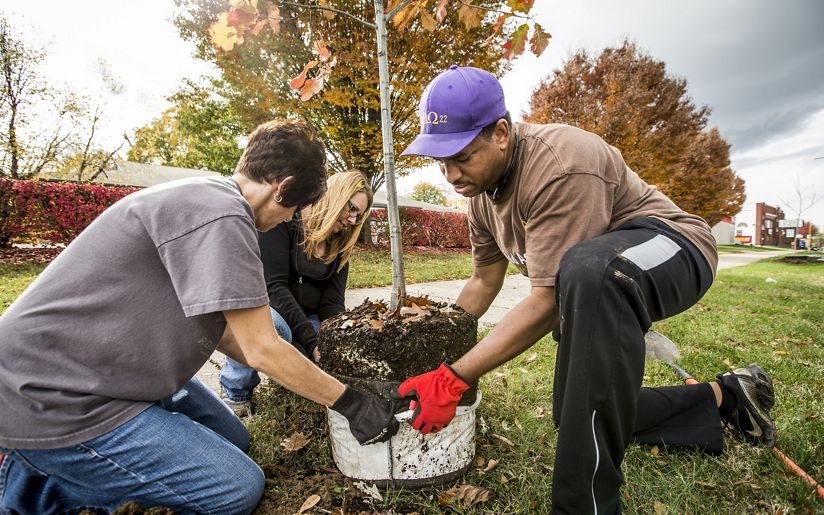- About
- Topics
- Picks
- Audio
- Story
- In-Depth
- Opinion
- News
- Donate
- Signup for our newsletterOur Editors' Best Picks.Send
Read, Debate: Engage.
| July 06, 2016 | |
|---|---|
| topic: | Innovation |
| tags: | #Fandora, #Qureshi Park, #recycling, #Sudan, #waste, #Waste Management |
| located: | Sudan |
| by: | Bob Koigi |
More than 5,000 tonnes of waste is produced daily in Khartoum which is home to some 6 million inhabitants. But limited resources by the authorities has meant that it is only capable of collecting 65 per cent of the waste.
The result has been garbage littering across the city as residential places choke under mounting rubbish which at times causes fires. The situation is exacerbated by the fact that Sudan has no concrete recycling system save for the few, privately-owned, that are used by food factories.
The pioneer recycling festival held in Qureshi Park attracted more than 100 visitors with over 30 exhibitors displaying their creativity.
From women recovering from domestic violence, children and ex-prisoners, the festival sought to inculcate a sense of responsibility, creativity and self-drive in conserving the environment and managing waste while keeping the city clean.
Fandora, an initiative that works with ex-prisoners in getting them to sustain themselves after life behind bars, was among the brains behind the festival. The majority of their members who earn a living making products including chairs, plates and tables from recycled metals, paper and plastic were in attendance. So were members of Super Human Network, a group that deals with survivors of gender-based violence in Khartoum.
“I have been without work for quite some time. It hasn’t been easy. That was until someone floated the idea of rummaging through the trash and turning all that waste into something useful. I saw a great opportunity and started small. Today I make almost everything from mugs, bicycles and flower vases. I have even managed to employ three of my friends. There is so much to be done and so much money to be earned working with waste materials,” said Augustus Sidin, one of the exhibitors at the festival.
Organiser Mohamed Azeem has discovered his forte making drums from old newspapers. As an environmentalist, he has learnt how to use the art of drumming, an entrenched culture in Sudan, to win the locals over to the campaign for environmental conservation and waste management. His campaign has borne fruit with most of the participants at the festival having attended after listening to Azeem’s message which he pitched to them when he visited a village at the banks of the White Nile River.
With the success it recorded in its maiden edition, the event's organizers are now looking into making it an annual event and reaching out to more artists and environmentalists.
But the festival has aroused interest and enthusiasm in other countries keen on containing the waste menace.
In Kampala, Uganda’s capital that hosts two million people, up to 1,580 tonnes of waste are generated every day with the authorities and private sector only able to collect 40 per cent of the waste. The rest has been an environmental nightmare, clogging drainage systems and fanning spread of diseases. It is this eyesore that a group of environmentalists, under the banner of Uganda Environmental warriors, are seeking to address. They intend to travel to Sudan to talk to their counterparts about how they can introduce the recycling festival in Kampala.
Pharis Muoka, an avid crusader of waste recycling and the head of Clean Nairobi Inc, wants to take his group members to Sudan to learn and replicate the festival’s success in Nairobi where up to 3,000 tonnes of waste are produced every day but which have overwhelmed authorities and spiraled out of control.
The situation in Nairobi has reached ‘hazardous proportions’ according to environmentalists, with piles of trash finding their way even to the heart of the city.
“Sudan has offered Africa one of the most prolific ways of managing waste, especially in cities. We are definitely going there to learn from our peers how to replicate their model in Nairobi. Nairobi is home to great talent and artistic prowess and is choking with piles of filth. Sudan’s recycling festival is definitely what Nairobi needs,” said Pharis.
By copying the embed code below, you agree to adhere to our republishing guidelines.
